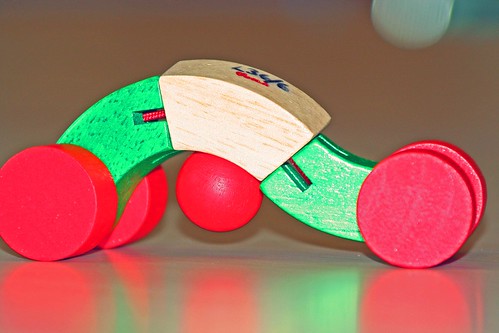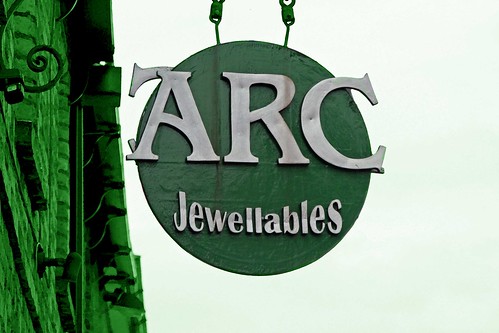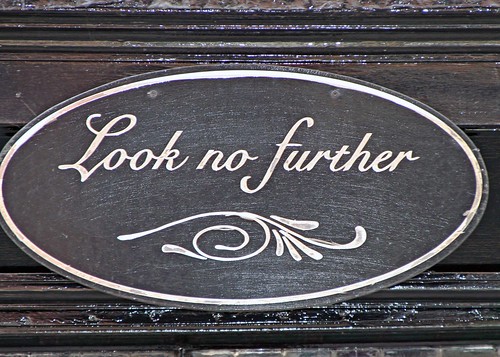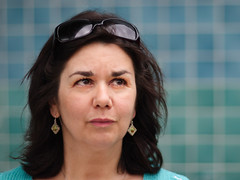Baby as artefact/artifact.
Thanks to Idoo and to Translucid for reminding me of the importance of putting babies in boxes.
I used to do this with my babies and they seemed to like it. It also helps with keeping the place tidy.
I am an academic interested in New Literacies, Digital Lifestyles, Informal Online Learning.
Baby as artefact/artifact.
Thanks to Idoo and to Translucid for reminding me of the importance of putting babies in boxes.
I used to do this with my babies and they seemed to like it. It also helps with keeping the place tidy.
Whether one studies the Internet as a social structure or utilizes Internet-based technologies as tools for research, Internet-based technologies change the research scenario. Computer-mediation has a significant influence on many aspects of communication practice and theory. The internet has
similarities to many earlier media for communication, such as letter writing, telephone, telegraph, post-it notes, and so forth. At the same time, the capacities and uses of Internet communication are unique in configuration and shape a user’s (and thus the researcher’s) perceptions and interactions.
These influences extend beyond the interpersonal; outcomes of these communication processes have the potential to shift sensemaking practices at the cultural level. We are, as Gergen (1991) notes, saturated in technologies. The Internet and associated communication media permeate and alter interactions and the possible outcomes of these interactions at the dyadic, group, and cultural level. Equally, Internet technologies have the potential to shift the ways in which qualitative researchers collect, make sense of, and represent data.
In online environments, self, other, and social structures are constituted through interaction, negotiated in concert with
others. The extent to which information and communication technology (ICT) can mediate one’s identity and social relations should call us to epistemological attention. Whether or not we do research of physical or online cultures, new communication technologies highlight the dialogic features of social reality, compelling scholars to reexamine traditional assumptions and
previously taken-for-granted rubrics of social research.This is from Annette Markham here.
This is very interesting I think. markham talks about the research scenario having changed. Does that mean we have to adjust our research tools?
Blogging as a social practice is a VERY interesting thing; it changes so much about what I understand about the meaning of the word 'text', 'author' and 'narrative'. But does that mean we research differently? Do we have to have new tools? New ways of looking? New ways of finding out?
My experience as a blogger is that I feel I put a lot of who I am here in this space; the posts are closely tied to my many selves. While there is variety in the posts there is also I think, a sense of me as female, as academic, as who I am. Markham looks closely at the potential to be other in th eonline space and to experimet. But here, I feel I am intensely me.
Despite this, I also agree so much with what she writes, for there are so many possibilities online - more to think about here.
I need views on whether research in the online space needs to be qualitatively different.
Heeeeeelp!!
(Lots more Markham here.)
Don't you find that some days loads of stuff seems to fall on you and then keep falling?
Hardly able to keeep myself afloat but for the fact of wonderful colleagues and friends...
I did not manage number 5 or number 4 and Kate so wonderfully did number 7.
But oh what a disaster .. the usual place we teach our weekend schools appears to have closed down and we are going to a hotel and we HOPE it will be OK.
Some weeks it is all too hard, but I have a great looking to do list with colour coding and columns and sections.
Whata hullaballoo.
Well off to do number 4. (It's a wine night apparently so must get this done asap.)
Before I go, this was a conversation between gorgeous son and I..
(Context: he has just started doing A levels.He is a big boy now; he gets to have free periods and they have to do 'enrichment activities' on Wednesday afternoon.)
Miles: Mum, do you get paid if you do voluntary work?
Me: No. It's voluntary. You don't get paid. (I am driving to the supermarket.Miles has come to help.)
Miles: Do you get paid if you volunteer to work in an OXFAM shop?
Me: No.
Miles: Do you get paid if you volunteer to work in a kids' nursery shool?
Me:No.
Miles: Do you get paid if you volunteer to.....
Me: No!!!!! Volunteer means you do it for free. It is done for no money. You do it to be kind, nice, to help out.
Miles: OK. I think I'll choose IT.
Hmm. Where did I go wrong? (Maybe he thinks 'enrichment' means 'get rich' - standards really are falling. )
So, the theme of this post is stuff that keeps falling.
In third space, then, what seem to be oppositional categories can actually work together to generate new knowledges, new Discourses, and new forms of literacy.
The third spaces of digital childhoods:
Implications for early literacy curricula and pedagogy
This nexus of cultural identities is, therefore, a shifting space, a space which is always in flux. This notion of hybridity occurring through cultural border-crossing has a long history, as Heidegger (1975) argued, and was strongly articulated in the work of Bahktin, who suggested that the ‘most intense and productive life of culture takes place on the boundaries of its individual areas and not in places where these areas have become enclosed in their own specificity’ (Bahktin,1985: 2). Therefore, in this articulation of the notion of ‘third-space’, both Bahkthin and Bhabha emphasise how the process of cultural production is dependent on interactions between previously quite separate, even dichotomous, spaces. In this paper, I draw on this use of the term in order to explore the cultural hybridity of children’s experiences with popular culture, media and new technologies in the home. The way in which these experiences draw together various aspects of children’s lives and identities and create new cultural experiences in which boundaries are blurred is examined.
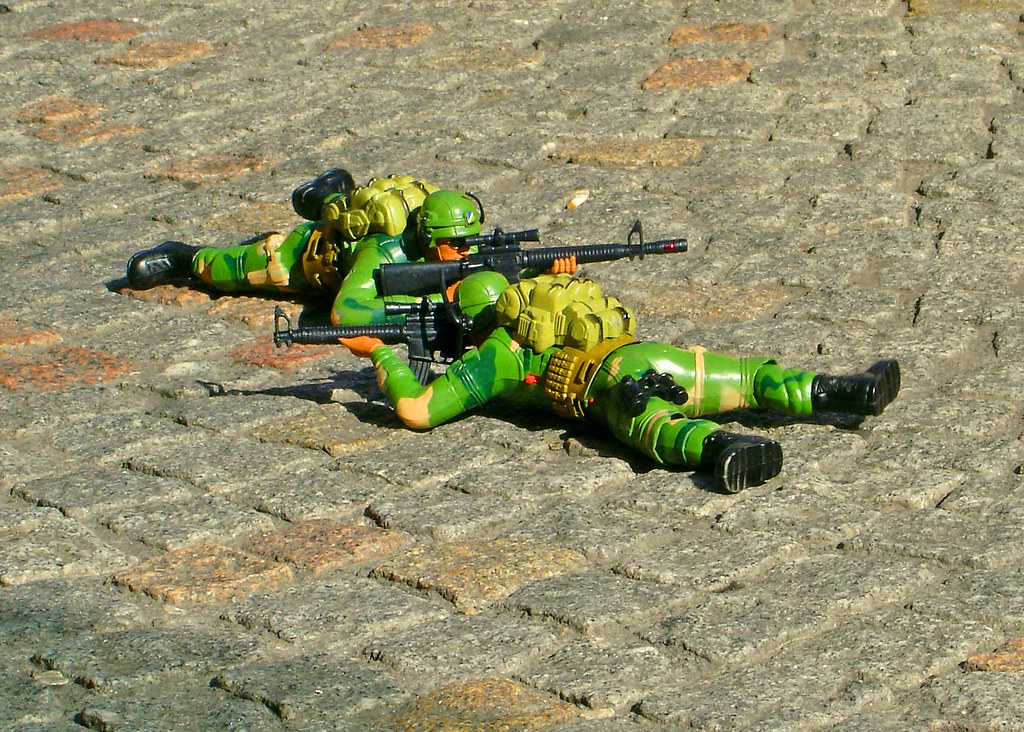
(Do you want to see them? )
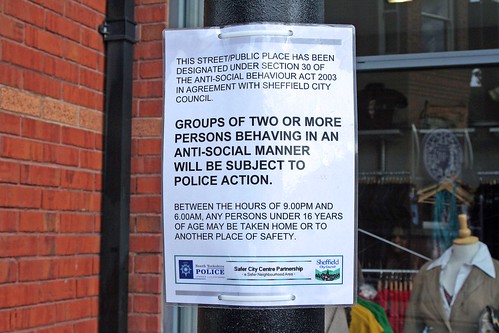
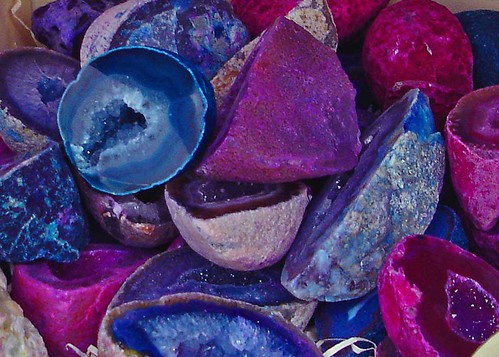
'All of us are right. You can make any story you want.'
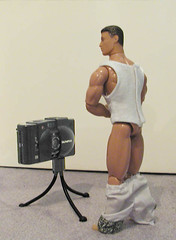
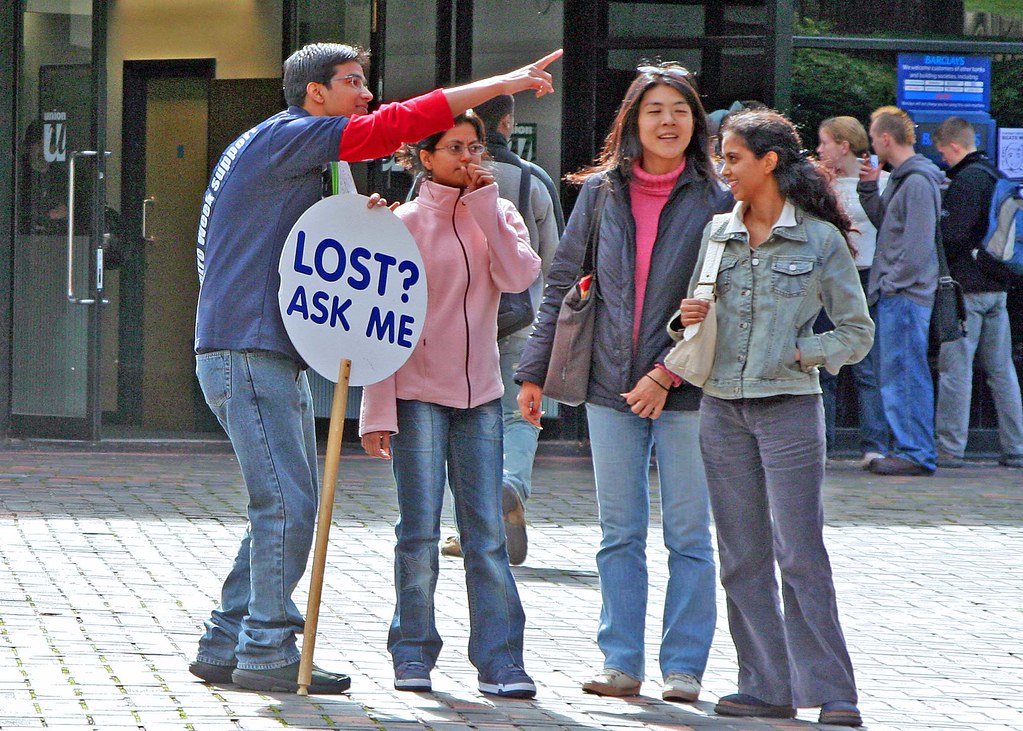
Different cultures, the difference between cultural practices, the difference in the construction of cultures within different groups …however rational you are … it is actually very difficult, even impossible and counterproductive, to try to fit together different forms of culture and pretend that they can easily coexist. The assumption that at some level all forms of cultural diversity may be understood on the basis of a particular universal concept, whether it be ‘human being’, ‘class’ or ‘race’, can be both very dangerous and very limiting in trying to understand the ways in which cultural practices construct their own systems of meaning and social organisation.
the negotiation of cultural identity involves the continual interface and exchange of cultural performances that in turn produce a mutual and mutable recognition (or representation) of cultural difference.

"This doll furthers the myth that if a woman works hard and sticks to her guns, she can rise to the top," said Frederick Lang of the Changes Institute, a children's advocacy organization. "Our young girls need to learn to accept their career futures, not be set up with ridiculously unattainable images."
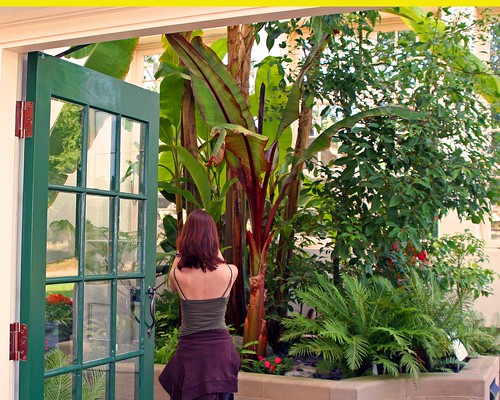


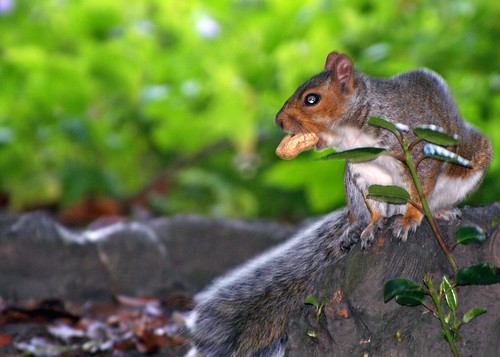

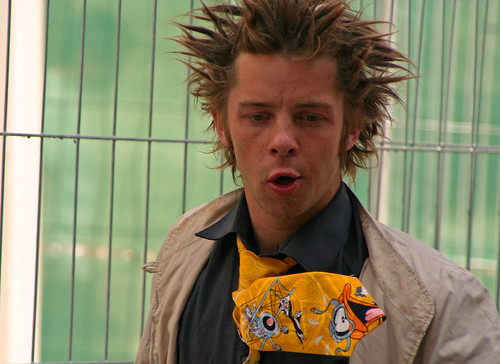


Advertising imitating life?
(NY on the Move0007 Originally uploaded by lorenzodom)

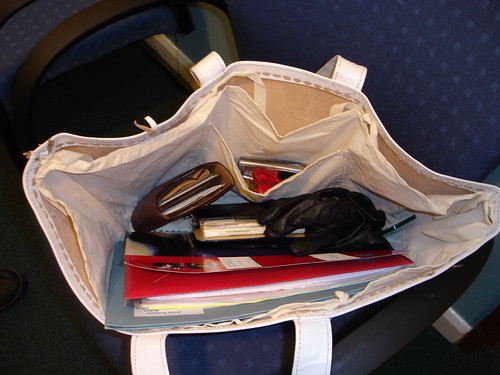
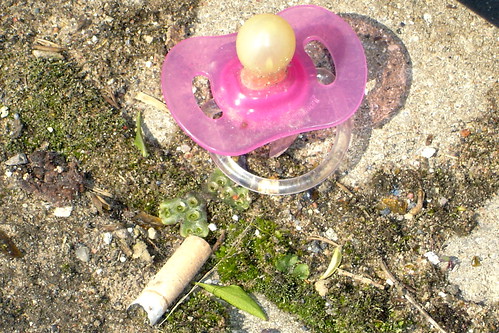
'plurality of isolations' .
These are the sugar dudes. You can buy them from a bakery in Manhattan and they have new colours every week.
Trouble is they can make you feel REALLY ill when you eat them ... Click here then watch the slide show, (by clicking on 'View as slideshow' in blue text to the right of the thumbnail images.)
And while we are on the subject, contributing photos of cakes to Flickr is quite common.
Special K 13 has this :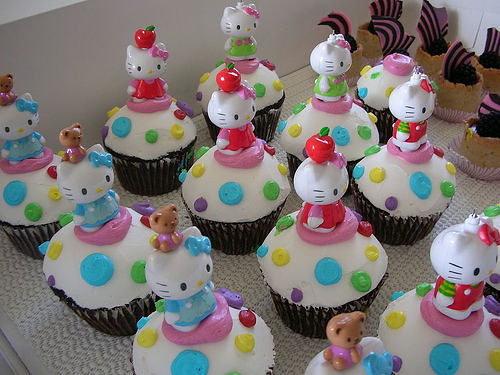
And if you like this theme there is a cupcake set here. You may or may not know that there are many cooking blogs and this is one really like. It has Kate's Malteser cake and the links down the side are excellent.
Wow yes dear readers!!!! It very nearl did.
Dyougetme? The Blogosphere is shrinking.

